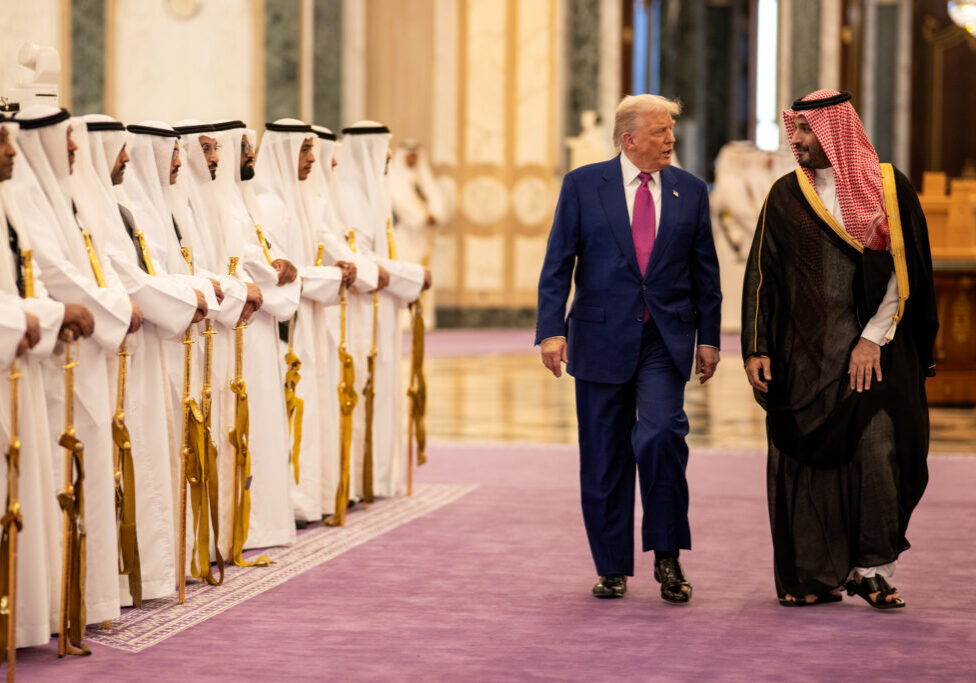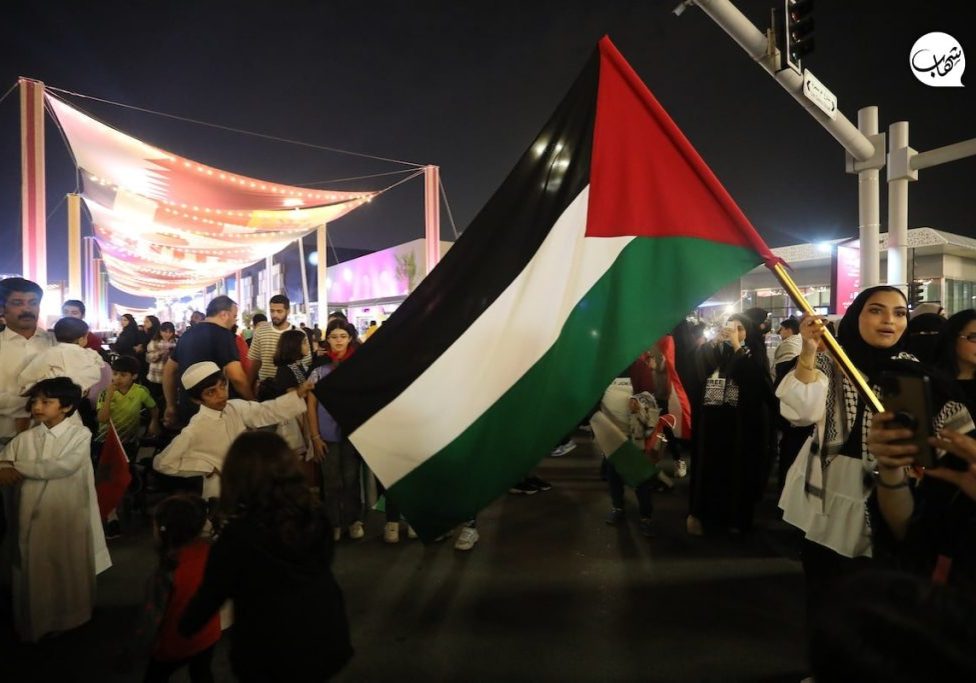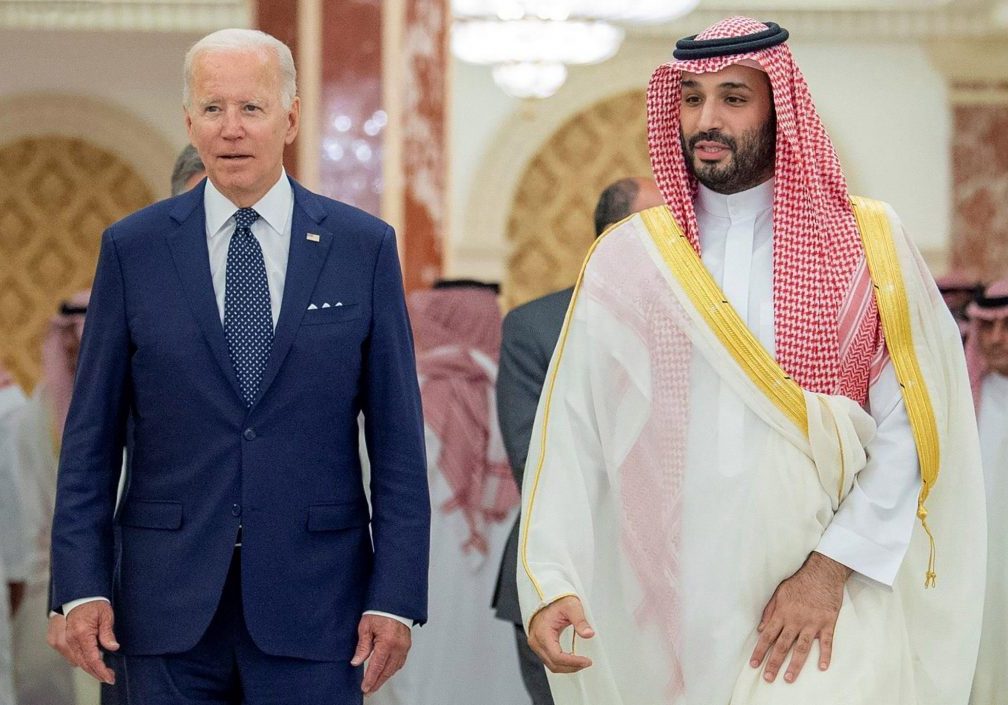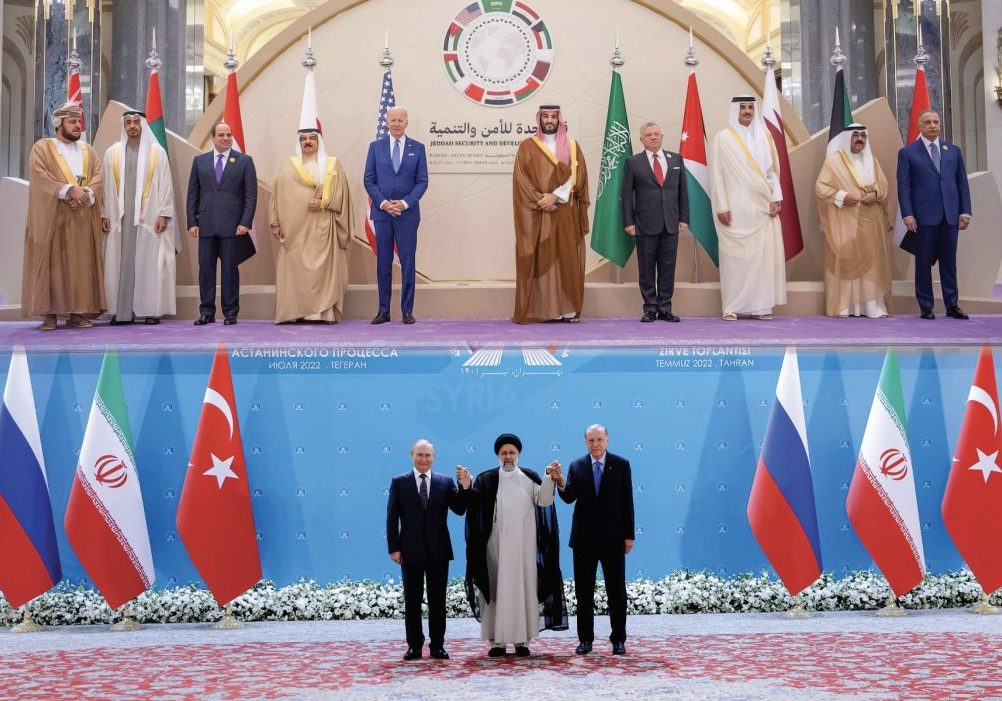Australia/Israel Review
Al Jazeera reaps what it sows
May 4, 2016 | Eyal Zisser
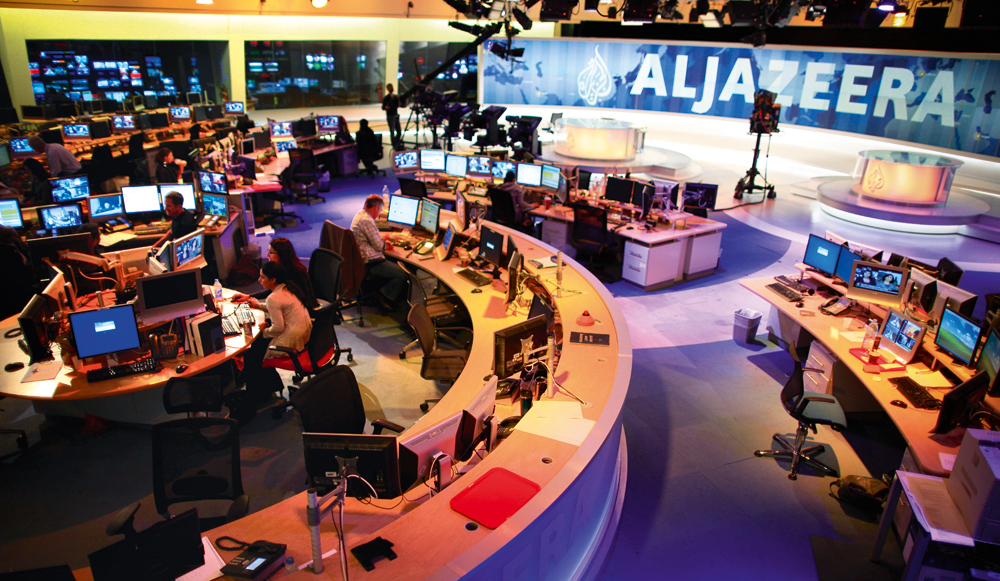
Eyal Zisser
Al Jazeera is in trouble. After two decades in which it enjoyed unconstrained rule over the Arab media and presented a threat to plenty of Arab regimes – mostly the moderate, pro-Western ones – the Qatari television channel finds itself in difficulties. It seems that disseminating hatred and extremism, along with waving the flag of anti-Israel struggle from on high – all of which the channel gloried in – didn’t guarantee it ratings, admiration by Arab viewers, or the support of the owners, the rulers of Qatar, who have left it to its own devices.
In early April, it was announced that 500 of the channel’s employees in Qatar had been laid off, approximately 10% of its personnel. A few months earlier, in January, an announcement was made that the outlet’s owners intended to stop the broadcasting Al Jazeera America, the English-speaking channel intended to bring the message of Al Jazeera – a message of Arab nationalism and radical Islam, albeit softened – to the American public.
When it was first launched, Al Jazeera aspired to change the face of the Arab media and present an alternative to the official media outlets in various Arab countries. It presented itself as the one seeking to offer “other opinions,” and as such allowed more than a few Israelis to appear on its broadcasts. But this smokescreen of openness and tolerance was camouflage for preaching and spreading extremist opinions, an exciting combination of Arab nationalism in the style of former Israeli Arab MK Azmi Bishara [who is suspected of aiding Hezbollah in the 2006 Second Lebanon War] and its diametric opposite – Islamic extremism, one of whose representatives is Sheikh Yusuf al-Qaradawi, one of the leaders of the Muslim Brotherhood [who has his own show on Al Jazeera, Ed.]
The channel would attack the regime in Egypt or in Tunisia, but for years protected the regime of Syrian President Bashar Assad, who visited Saudi Arabia but had leanings toward Iran and Hezbollah. Above all, Al Jazeera never uttered a word of criticism of the tiny emirate under whose auspices it was operating – Qatar. In every clash between Israel and its enemies, the channel adopted the Arab side’s narrative, whether it was Hamas or Hezbollah. On the other hand, it often attacked the Palestinian Authority for its cooperation with Israel and its attempts to calm things down after every emotional outburst or outbreak of violence.
The channel’s greatest hour was the onset of the Arab Spring, five years ago, when it appeared that the Al Jazeera studios had lit the fire of protest and revolution throughout the Arab world. But the moment it reached the top was the moment the channel started to lose altitude. Its encouragement for extremism and radicalism prompted many Arab audiences, who were sick of its media manipulations that only occasionally happened to bear any resemblance to reality, to turn on it. The channel lost its credibility and its relevance to the troubles confronting the Arab world, and time and again found itself on the wrong side of the Arab map. Apart from that, in the multichannel world of the Internet and smart phones, Al Jazeera lost any value or advantage it once had.
The decision by the Qatari rulers to clip the channel’s wings stemmed from economic considerations, given the sharp drop in oil revenues, but also from cold, hard political considerations. The regime sensed that the channel was becoming too heavy a burden. The power it had given Qatar turned out to be fake, whereas the Iranian threat turned out to be very real, and, to deal with it, Qatar needed Saudi Arabia.
The Arab world throwing off the spell of the extremist media that focused on Israel was also seen in the difficulties faced by another hate channel, Hezbollah’s Al-Manar. The skies were closed off to it after one satellite communications corporation after another refused to send its broadcasts out into the world. The channel incites against Israel, but what interests the Arab world is Hezbollah’s involvement in the Syrian civil war and its ongoing attack, under Iran’s wing, on moderate Sunni Arab nations like Saudi Arabia or other Gulf states.
And so extremism is punished. The problem is that the Arab world still lacks free media that will provide a true alternative voice that counterbalances extremism and hatred.
Prof. Eyal Zisser is the Vice Rector of Tel Aviv University and the holder of the Yona and Dina Ettinger Chair in Contemporary History of the Middle East, specialising in the modern politics of Syria and Lebanon. © Israel Hayom (www.israelhayom.com), reprinted by permission, all rights reserved.
This article is featured in this month’s Australia/Israel Review, which can be downloaded as a free App: see here for more details.
Tags: Gulf states

